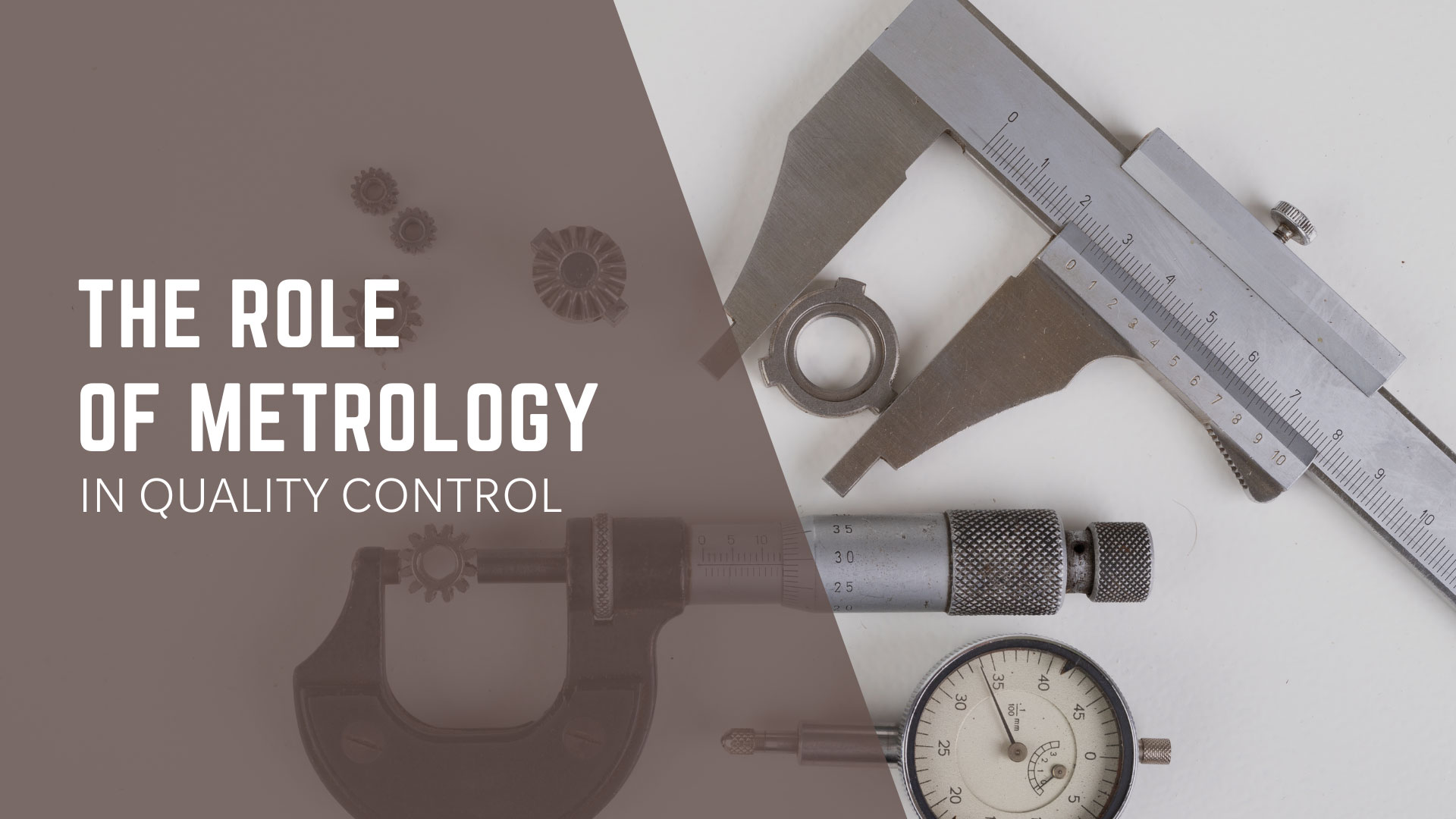
Quality is very important in today's competitive manufacturing. Metrology is at the heart of it because measurement science offers such a comprehensive emphasis on achieving precise, consistent, reliable measurements in any production. Businesses adopting metrological principles can easily uphold quality requirements, meet standard-setting regulations, and gain customer trust.
Metrology is the science of measuring things with an assurance that the products produced meet the precise definition. Such principles will enable companies to check whether their products measure up to standards set and reduce deviation that would adversely affect performance. A well-equipped metrology laboratory can perform these measurements with high accuracy and traceable to established standards. NABL-accredited calibration labs also ensure the calibration of such measurements due to the strict adherence to the National Accreditation Board for Testing and Calibration Laboratories guidelines.
Calibration is critical in Metrology. Calibration ensures proper use of measurement instruments like calipers and micrometers, pressure gauges, and temperature sensors, among others. Calibration by accredited labs means these instruments will remain reliable for an extended period. Calibration labs ensure that tools are calibrated against known standards so companies can identify the deviation early enough to take the necessary corrective measures before the quality of the product deteriorates.
Calibration services are directly related to quality control. A small error in measurement could lead to defective product, wastes, and cost escalations. Proper calibration minimizes such problems, supports efficient operation, and robust quality assurance.
Metrology allows monitoring of the critical dimensions, weight, and temperature parameters, and thus enables the automotive and electronic industries to achieve the desired levels of accuracy in component fits and functionalities. The usage of calibrated instruments allows companies to promptly identify any deviation and thus prevents defect occurrences and waste formations. It also gives statistical support for calculation to spot variations in processes so that businesses optimize their processes. This data-driven approach towards quality control reduces the chances of defective products landing at customers, hence improving reliability and customer satisfaction.
Metrology and regular calibration are indispensable for quality control. Through precise measurement, businesses can detect deviations early, reduce waste, and improve efficiency. NABL-accredited calibration labs strengthen these efforts, providing trustworthy calibration to help companies meet international standards and enhance customer satisfaction.